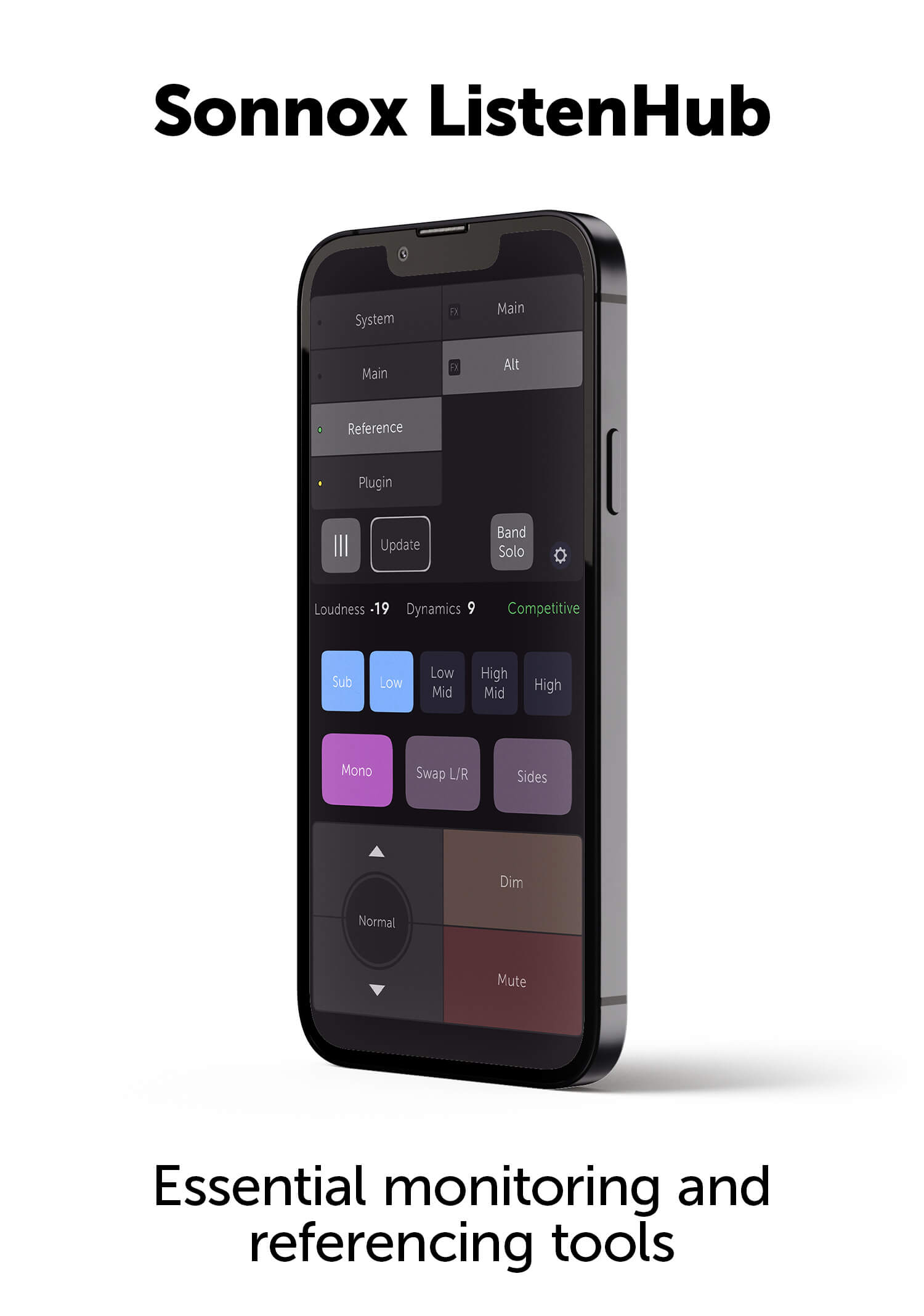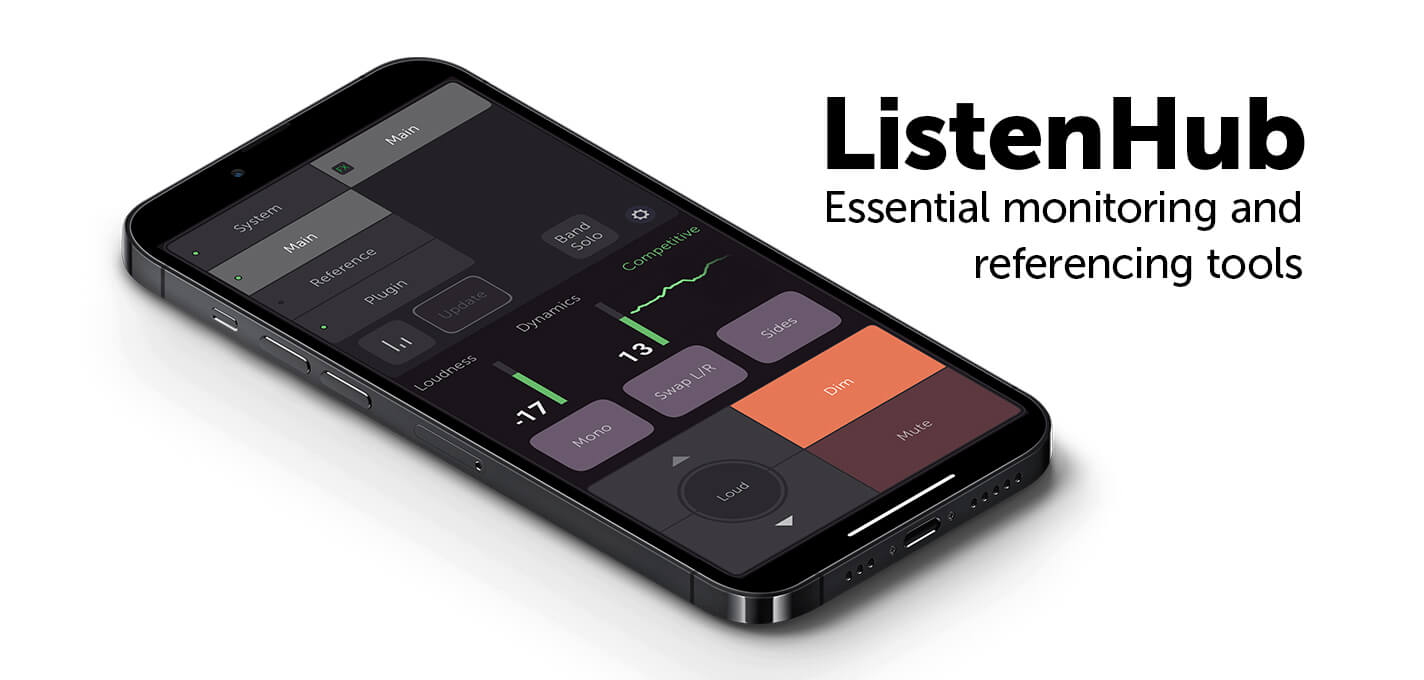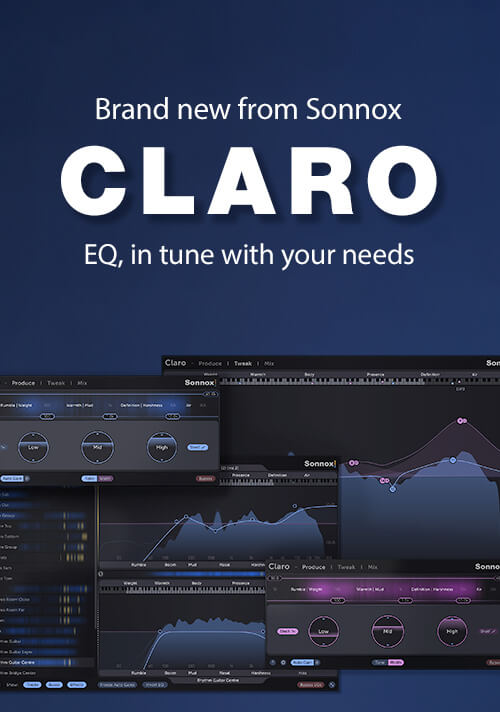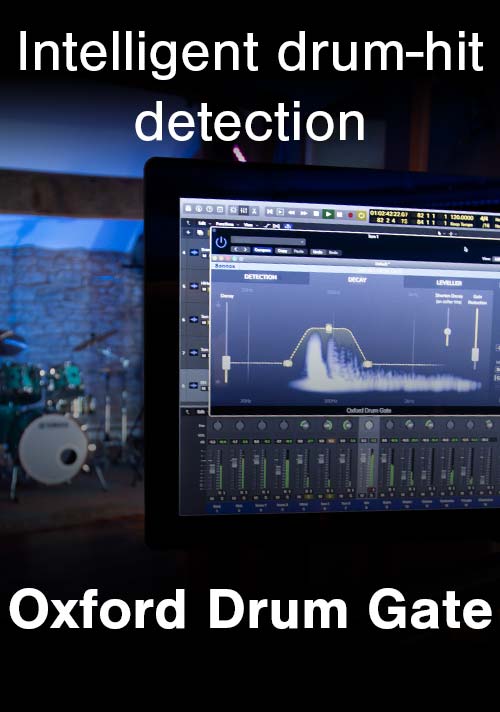Mick Guzauski
Going Deep with Mick Guzauski
If you've got a six-figure OXF-R3 Sony Oxford Console in your home studio, you're surely doing something right. Multi-Grammy Award-winning engineer/mixer Mick Guzauski has artists such as Eric Clapton, Mariah Carey, Madonna, Natalie Cole, Barbra Streisand and Prince telling him just how right it is. His work with them, and countless others, has propelled him into the upper echelon of industry professionals. I recently sat down with him on a sunny afternoon at his Barking DoctorStudio in Mount Kisco, NY, and talked about music, software, mixing andthe ever-evolving record business.
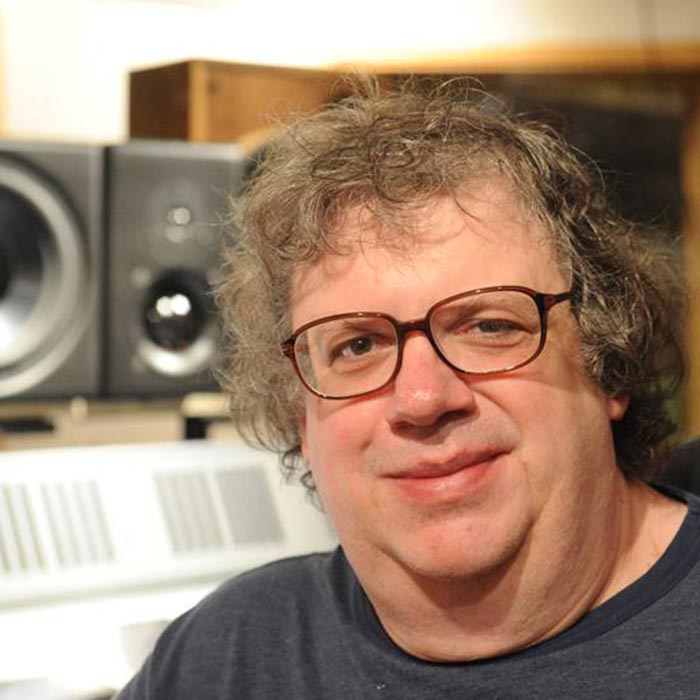
So your mixing setup is really a combination of the Oxford console, and Pro Tools HD with Oxford plug-ins and some external hardware?
Yes, my usual signal chain is Pro Tools HD to the Oxford, looped back into the Oxford and/ or through Pro Tools hardware. When coming back into Pro Tools, I use the Sonnox Limiter (True Peak Limiter Plugin) on the stereo mix - which is a really nice piece of software. With it, you can get quite a bit of limiting without really hearing a loss of transients. The Enhance feature sounds to me like a good piece of tube or analog gear that's adding even harmonics just before the point of overload. It's warm, loud, big and still has life and transients. So again, it's the Oxford console, back to Pro Tools on an Aux input for the Limiter, then back out to a separate Pro Tools system for final printing.
What mixes do you usually deliver?
It's usually a master track, then a vocal up, vocal down, and any stem mixes they may need. Most of the album and single mixes I do also have track and TV mixes, but also sometimes accapella if they might need vocal reinforcements for live shows.
When do you use plug ins versus the console?
Well, it's a combination of both. The plug in EQ and Dynamics are very close to the console EQ and Dynamics. Whenever I'm not working in my own studio, I will always use the plug ins on a Pro Tools mix. I used them extensively on the new Return To Forever Anthology project with Chick Corea, Stanley Clarke, Al DiMeola and Lenny White, which I just did out in LA. Even though the mix was going through a Neve 8078 analog console, I still used the Oxford EQ and Dynamics plug-ins.
Tell me more about how you use the Dynamics?
I use it quite a bit on bass and kick. I especially like it on live kick and snare to keep things a little more even. I tend to use it very gently, because I don't want to lose the dynamics of the audio. Sometimes, I'll use a real slow attack with the compressor to enhance a lot of the transients and make sure they get through. I also use the gates and expanders to remove leakages on any tracks that need it.
Why do you turn to the Oxford EQ?
Because it's very smooth sounding. You can do fairly drastic EQ without getting harsh. You can make the Q very tight and shape it. You can take out anything nasty with a narrow cue and the sound is not damaged. It really does sound similar to a good analog EQ to me. I can boost 15 or 16kHz and there is just a lot of air and nice articulation up there, with no kind of grit or harshness.
Do you use the SuprEsser?
I'm using it all the time. I like that you can easily zone in on a problem frequency with a vocal or an instrument. It tracks the dynamics of the audio, and since the threshold is relative to the overall level, you don't over cut/attenuate a frequency when it gets loud - and under attenuate when it's soft. I also like the fact that the threshold floats, which is important.
Another good thing is that the band pass is very accurately adjustable. The filters can go to 72dB per octave, and you can adjust the width and the steepness of the notch on both sides. My most common use for it is on a vocalist whose vocal tends to get harsh when they sing louder. In low passages, in the upper midrange, there's a nice presence but when they start wailing, the vocal tears you head off. With the SuprEsser, you can really control that problem.
Actually, that was something I always wanted to control on vocals, and before anything like this existed, I even built a little device. It had just a parametric EQ band with a compressor on it, summed with a band pass and band reject - where we would just dip it out. However, it wasn't very recallable and it was just a single notch. There are other hardware units that do this function now, but none of it is repeatable - or nearly as accurate as the SuprEsser.
It's wonderful for me because it's the type of processing I've always done and always wanted to do. It's not only 100 percent reputable, but you can fine tune it a lot better than any of the other devices on the market. It's a real winner.
So which other Oxford plug-ins have you tried?
I've used the Reverb a couple of times and it sounds really good. Actually, it was the only plug in reverb that wasn't convolution that I liked. It's high fidelity, has a really smooth tail and sounds natural to me. When I'm doing drums submixed through a compressor, I like to return the Reverb before the Dynamics and compress the room with it. It sounds pretty realistic.
The Inflator is really cool too. I love the way it changes the harmonic content and makes things sound nice and fat. It's almost like analog tape or tube equipment with transformers, but without the transient loss. The Oxford console has something similar, called Overdrive, but the plug in is more versatile. I use it a lot.
Actually, these plug ins are the only thing I've really seen that come close to the Oxford console, which I've used for 9 years now. They are the same algorithm and in Pro Tools and other DAWs, you can get the characteristics of this board. It's great for me, because there's not a lot of Oxford consoles out there and if I'm not working at home, I rely very heavily on these plug ins.
Tell me about mixing Seal's latest single?
It's a David Foster project, and it's about 80 tracks, delivered on a Pro Tools session. I used a lot of Oxford EQ and Dynamics on this mix. The bass has some Dynamics with a fairly slow attack and a long time constant, but on that, I didn't need any EQ. Seal's Lead vocal has Dynamics on it as well. There's some EQ on the synth tracks, and on the brass returns with some bottom end added.
The whole thing seems to have a lot of punch and air.
Well, on the bus mix, I have an Oxford EQ with about 5dB of gain a little above 15kHz, with a Q of about 1.5. There's also a broadband boost centered around 5kHz, of just under a dB and a half, just for a little bit of presence. That affects from about 2.5k and up and the 15kpeak on top of it for that air. There's about a half dB boost on the bottom end, at around 100 Hz. Then there's the Oxford Limiter on it as well.
I noticed on the EQ's for this mix that you didn't have to use any of them dramatically. Is that a function of the recording for you?
Yes, it depends on the project. This one happens to be tracked really well.
So how did you get started in the biz?
Well, growing up in Rochester, NY, I was interested in music, electronics and recording when I was a kid. I had a little studio in my parent's basement when I was in high school, back in the late 60's. Actually, I worked at a hi-fi store, and I bought everybody's old stuff that they brought in! Ampex used to make some home series of tape machines, which were used in language labs and such. They weren't good machines, but I got a couple of them really cheap. I even had some old Ampex tube mixers, which were sort of nice back then. I also had some Sony mics (the C-22), and some EV's and Shures'. Later I got a Revox, then a Scully 4 track half-inch and I even built a little console for it all.
Eventually, I moved out of the basement and joined up with some other guys. We got an 8-track machine and did some records and jingles. Then, I met Chuck Mangione, who was also from Rochester. So I started doing some recording for him and even some road sound. Then, when he signed with A&M, we went out to LA. At that point, I used to go out there and track his records. I eventually moved out there in 1978 and just started from there.
How did you career move up from there?
Well, I was working in LA for a lot of people. I was even working for Quincy Jones for a while, which was a great experience. I also worked for Walter Afanasieff as well. I met him through Michael Bolton, because I did a lot of work for Michael when he was a producer. A lot of people didn't know he was a producer, but he produced Cher and such. I did some mixes for Michael, and Tommy Mottola heard them and then wanted me to mix Mariah Carey, who Walter was also producing. So Tommy wanted me to move to New York at that point. I almost didn't take it, but then the earthquake hit in '94 and I called him and ask if the offer was still open!
So at that time, the business was raging. What was it like then?
Yea, it was great. Everyone was treated great and we all thought it would last forever. Everyone involved in it was making a ton of money and there were lots of perks. Funny, the whole thing crashed and I ended up with a studio.
When did it crash in your opinion?
A lot of people said 2001, but I really didn't notice a lot of change until 2003. I actually think it's leveling off now, and I hope it might even be getting a little better. It just doesn't seem there is as many of the high budget projects anymore. Even the high budget ones are much lower budgets than they were, and now everything has changed with people working at home, etc.
Yea, its now producers with home studios doing much of the biz...
Yes, everyone is working in home studio by themselves or with just a couple of people. There isn't the camaraderie, feedback, the meeting and connecting with new people as there was when working in these multi-room facilities. Back then, there were different sessions going on in the rooms and I've gotten so many gigs by meeting someone in another room who asked if I could do this or that for them. The business grew like that and there was a lot of cross-pollination. It was also really good for the music and the business. A lot of that is gone.
So how do you stay in love with the music business?
I'm not in love with the music business, but I'm in love with the music and my craft. Even though the way it's done, and the compensation and even the whole attitude has changed, it's still something I can get lost in.
And things like this Seal project comes across your desk?
Yes, like this project that has great musicians, a great producer and it's a great track. There are still things out there that make it worth it. For example, I'm negotiating for an indie project that's not going to be a major deal, but I like the music and I like the people. The music makes it worth it and you can still make a living at this. I'm glad I got what I got, when I got it.
So what do you see on the horizon?
I think more indie projects with private financing. I've seen less and less major label involvement in the actual production of records, which in a way could be a good thing. I say that only because people aren't going to be consciously making music fit a mold. There will be a lot more music that people do because they believe in it. There is a trend because of that towards music first and marketing second.
Interview and editorial provided by Rich Tozzoli
